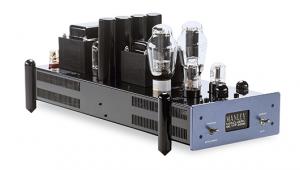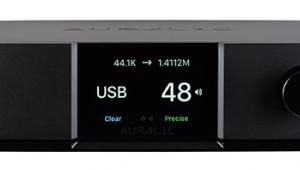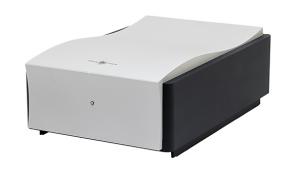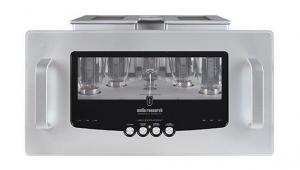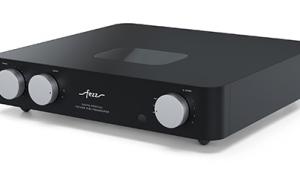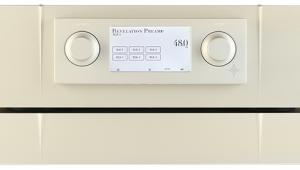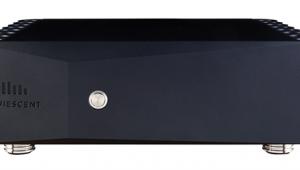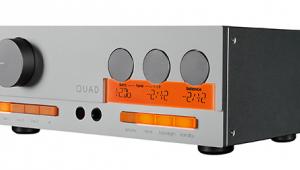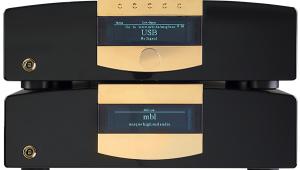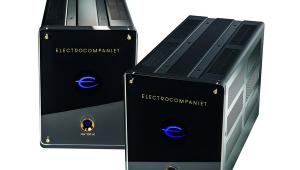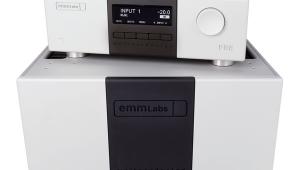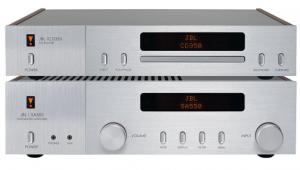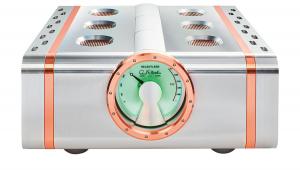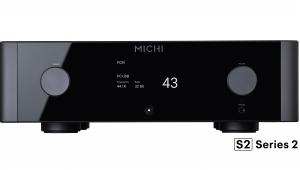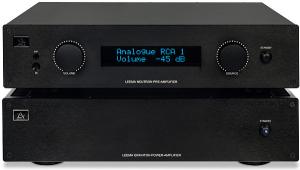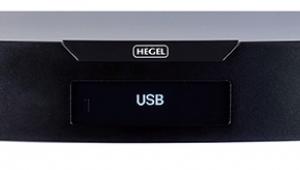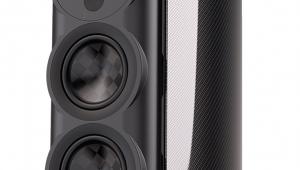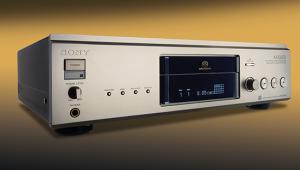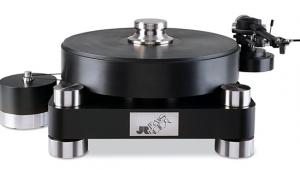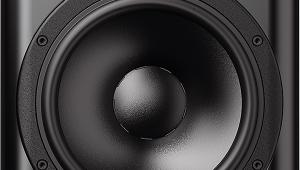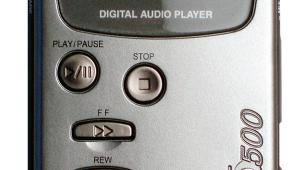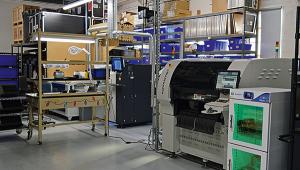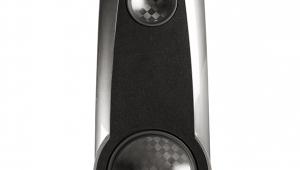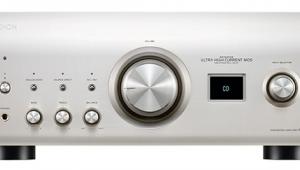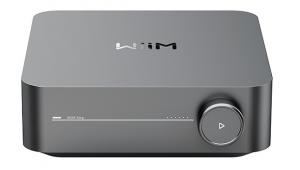Meridian Prime/prime Psu (£1200 Prime/£800 Prime Psu)
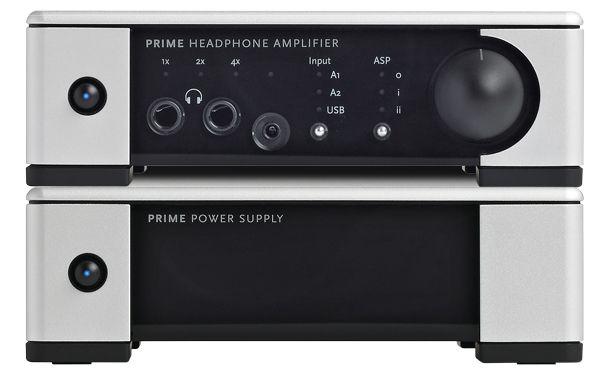
Here’s a stylish new Meridian product right in the mainstream: a headphone amp/USB DAC with optional outboard PSU. It wouldn’t be a Meridian, though, without having some novel features.
The cases are interlocking aluminium extrusions, double-skinned to enhance screening, and having no visible fasteners holding it together – clever.
The PPS power supply is not dedicated to the PHA headphone amp but provides five 12V/500mA DC outputs on mini-DIN sockets, each incorporating dual-stage linear voltage regulation, for powering other Meridian products as well.
Asynchronous replay of audio files from computer at up to a 192kHz sampling rate is enabled by the PHA’s USB input, and 2x upsampling of 44.1 and 48kHz files is applied to allow the imposition of its minimum-phase apodising filter.
In addition to two unbalanced analogue inputs – one on phono sockets, the other via a mini-jack socket – the PHA also offers analogue output on phonos. No fewer than three headphone outlets are provided on the front panel.
Meridian also offers Analogue Spatial Processing (ASP) which adds frequency-dependent interchannel crosstalk to imitate the acoustic crosstalk found when you are listening to speakers.
Grain-free sound
What the PHA majors on is producing a very clean, glare- and grain-free, well resolved sound, albeit not quite the most thrilling or toe-tapping available at the price. (We used the Sony MDR-MA900 and the Audeze LCD2 headphones.)
Rips were auditioned of ‘Love Me Tender’ [Elvis 24 Karat Hits – Analogue Productions] and Nat King Cole’s ‘Welcome To The Club’ [Audio Fidelity]. The PHA did OK with its standard supply but, pleasant as it was, it didn’t have the resolving power to make these classic tracks really live and breathe. Substituting the PSS brought a distinct improvement: the stereo image widened, instruments and voices were better resolved, and the music took on a vitality previously lacking.
In ultimate terms, though, the PHA/PSS still fell one rung short of delivering the most addictive, engaging sound we’ve heard from a headphone amplifier. That said, Meridian’s efforts to maximise the sound quality of the PHA have certainly borne fruit.
As for the ASP modes, their effect is relatively subtle. The soundstage narrows as you’d expect of added crosstalk, but the tonal balance is largely unaffected. Heeding Meridian’s advice that coincident-mic recordings might sound better without ASP, we listened to three vocal tracks where simple, ‘purist’ mic techniques were employed. In all three instances we preferred ASP disabled. Mode I narrowed the image slightly, with occasional hints of a nasal coloration, although Mode II was arguably less intrusive.
Maybe these options do better reflect what you’d hear from loudspeakers in a room but isn’t the distinctive soundstage presentation you get with headphones one of their principal attractions?
Verdict
These Prime units makes many other headphone amplifiers appear like period pieces. They also sound good, particularly via the analogue inputs and with analogue outputs and ASP modes disabled.
Originally published in the 2014 Yearbook

